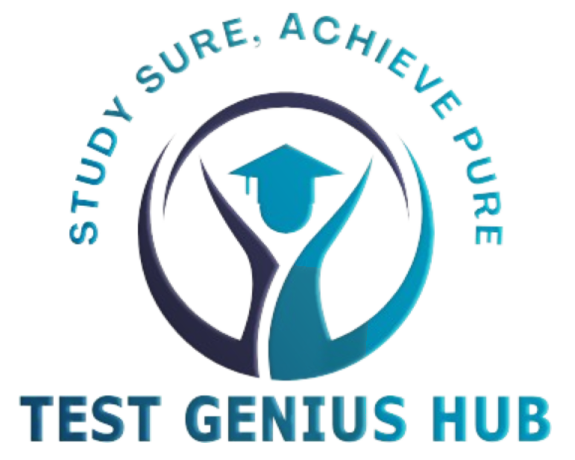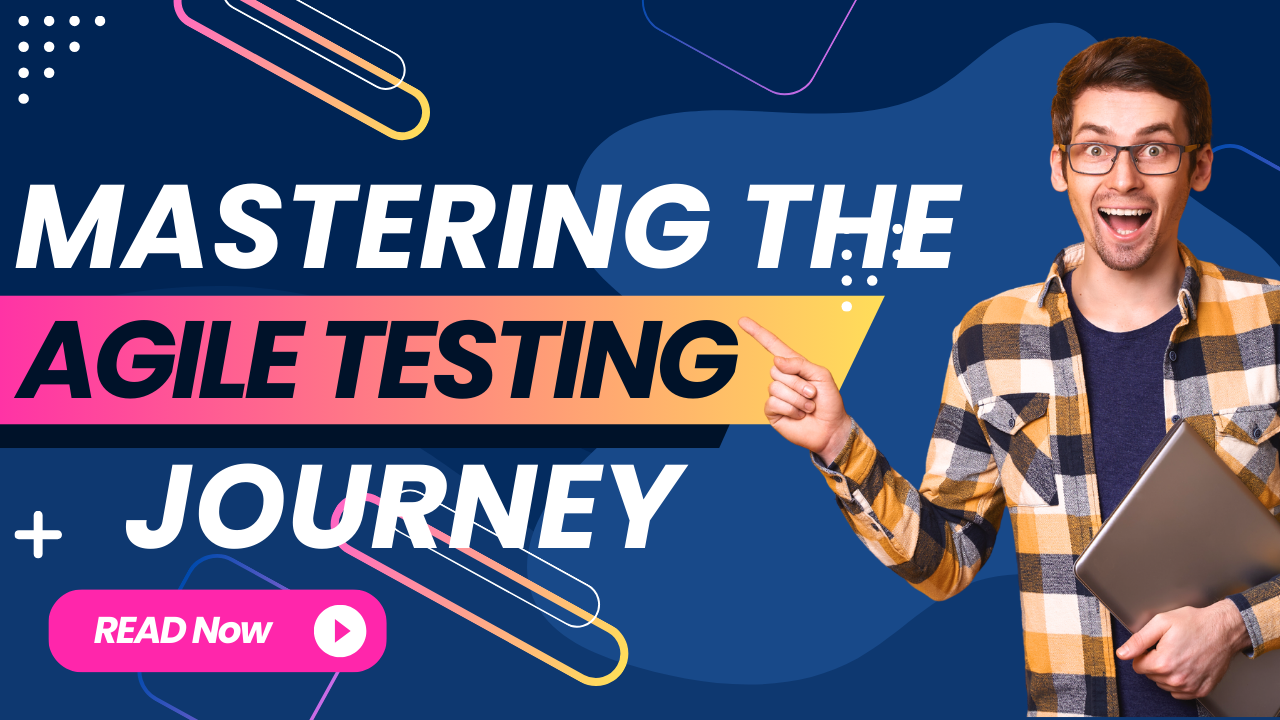In today’s fast-paced tech landscape, Agile methodology has become the gold standard for software development. Agile Testing professionals are pivotal in ensuring product quality while keeping up with the iterative and dynamic nature of Agile processes. Whether you’re just stepping into the field or aspiring to be an expert, understanding the career path of an Agile Testing Professional is essential for growth and success.
What is Agile Testing?

Agile Testing is a software testing practice that follows the principles of Agile development. Unlike traditional testing, it begins at the start of a project and involves continuous integration between developers and testers. Agile Testing is iterative, collaborative, and customer-focused.
- Key Characteristics of Agile Testing:
- Continuous feedback.
- Emphasis on test automation.
- Early defect detection.
- High adaptability to changes.
Stages of an Agile Testing Career Path
1) The Novice Agile Tester

- Skills to Learn:
- Agile principles and values (Scrum, Kanban).
- Basics of manual testing.
- Writing test cases and executing them.
- Understanding Continuous Integration (CI) tools like Jenkins or Travis CI.
- Certifications to Pursue:
ISTQB Foundation Level – Agile Tester Extension.
Certified ScrumMaster (CSM).
2) The Intermediate Agile Tester

Skills to Learn:
Automation testing tools like Selenium, Cypress, and JUnit.
Writing and maintaining automated test scripts.
Behavior-Driven Development (BDD) with tools like Cucumber.
Exploratory and regression testing.
Certifications to Pursue:
ISTQB Advanced Level Test Analyst.
Automation Testing certifications.
3) The Advanced Agile Tester

Skills to Learn:
Performance testing using tools like JMeter or LoadRunner.
Advanced test automation frameworks.
Security testing fundamentals.
Agile test management and leadership.
Certifications to Pursue:
ISTQB Advanced Level Test Manager.
Certified Agile Leadership (CAL
4) The Expert Agile Testing Professional

Skills to Learn:
Mastery of Agile frameworks like SAFe (Scaled Agile Framework).
Designing enterprise-level test automation strategies.
Integrating DevOps practices with Agile Testing.
Certifications to Pursue:
ISTQB Expert Level Test Automation Engineering.
SAFe Agilist Certification.
Common Challenges in Agile Testing and How to Overcome Them

1) Continuous Testing in Short Sprints
Solution: Leverage test automation and continuous feedback loops.
2) Collaboration with Cross-Functional Teams
Solution: Emphasize regular stand-ups and open communication channels.
3) Keeping Up with Changing Requirements
Solution: Adopt exploratory testing techniques and flexible test designs.
Agile Testing Tools and Technologies to Master

- Automation Tools: Selenium, Cypress, TestNG.
- Performance Testing Tools: JMeter, LoadRunner.
- Collaboration Tools: Jira, Confluence, Slack.
- Continuous Integration Tools: Jenkins, Travis CI.
Career Benefits of Becoming an Expert in Agile Testing

1) High Demand in the Job Market
2) Career Progression Opportunities
3) Attractive Salary Packages
4) Global Opportunities
Conclusion
The journey from novice to expert Agile Testing professional is challenging but rewarding. By mastering skills, earning certifications, and staying updated, you can build a successful career in this high-demand field. Start today and pave the way to becoming a sought-after Agile Testing expert!
FAQs
1.What is Agile Testing?
Ans – Agile Testing is a software testing practice that follows Agile principles, focusing on collaboration, flexibility, and delivering quality software iteratively.
2.Who can become an Agile Testing professional?
Ans- Anyone with a background in software development, quality assurance, or testing can pursue a career in Agile Testing, provided they are willing to learn Agile methodologies.
3.Is coding knowledge required for Agile Testing?
Ans- While not mandatory for all roles, having basic programming knowledge can be beneficial, especially for automation testing.
4.What is the career path for an Agile Testing professional?
Ans- Typically, it starts with roles like Junior Agile Tester, progressing to Senior Tester, Automation Engineer, Test Lead, and eventually Test Architect or QA Manager.
5.How long does it take to become an expert in Agile Testing?
Ans- The journey varies depending on experience, learning pace, and project exposure. On average, it takes 5–8 years to achieve expertise.
6.What certifications are recommended for Agile Testing professionals?
Ans- Certifications like ISTQB Agile Tester, Certified Scrum Master (CSM), and Agile Test Automation Specialist can boost your career.
7.What skills are essential for Agile Testing?
Ans- Critical skills include collaboration, communication, knowledge of Agile frameworks (Scrum, Kanban), test automation, and tools like JIRA, Selenium, or TestNG.
8.What tools are commonly used in Agile Testing?
Ans- Popular tools include JIRA for task management, Selenium for test automation, Postman for API testing, and CI/CD tools like Jenkins or Bamboo.
9.How can I improve my skills as an Agile Tester?
Ans- Practice hands-on testing, take part in Agile projects, pursue certifications, and stay updated with industry trends through blogs, webinars, and forums.
10.What industries commonly hire Agile Testing professionals?
Ans- Agile Testing roles are in demand across industries like IT, finance, healthcare, retail, and e-commerce.



